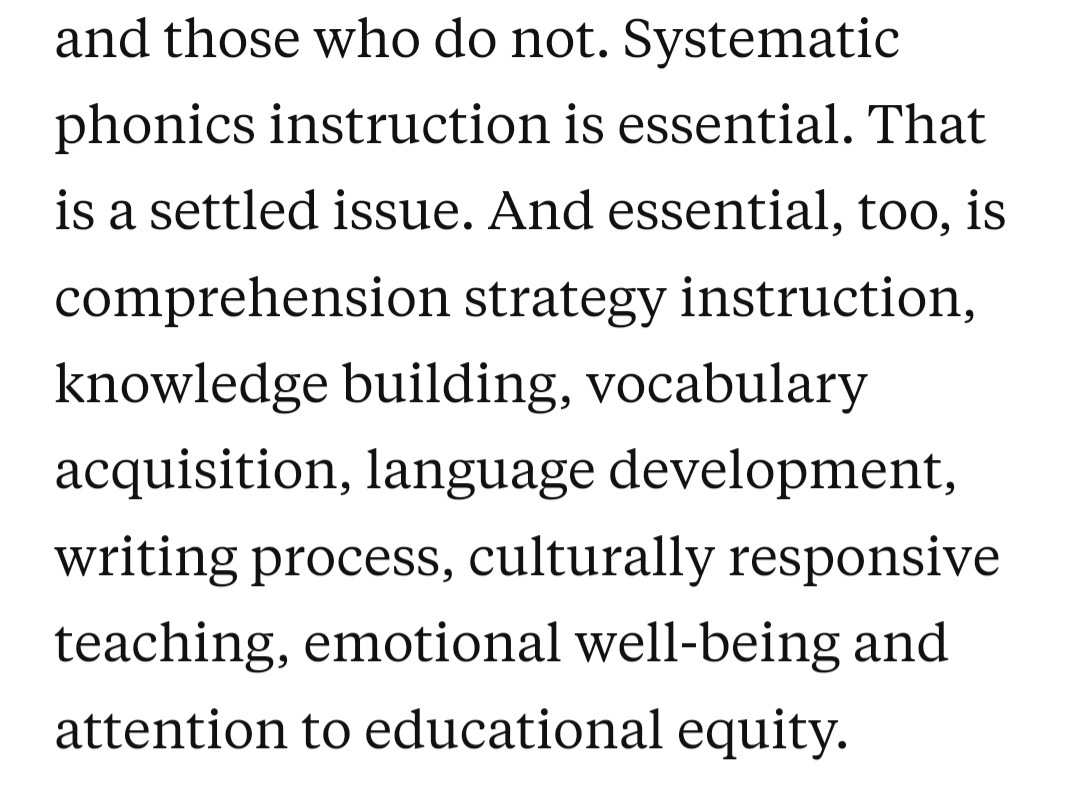After each unit (or phase of a unit) in my intervention groups, I like to have some kind of culminating experience to build on what we've learned. Here's our hallway display for conference week from our "Build-a-Bird" activity. @goyenfoundation @SoRclassroom #KnowledgeMatters 

At the end of our bird unit's first phase, our culminating activity was a readers' theater (like @ClassroomD4 I often use ChatGPT to create content-related readers' theater scripts.) We practiced reading with fluency, using vocab and concepts we'd learned about.
(If you want to read more about the unit, start here:)
https://twitter.com/EvidentlyR/status/1760423138876404053?t=KAzAJKN6NIyVYt68xw14-g&s=19
After Phase 2 of the bird unit, reading "Spit Nests, Puke Power..." by @lmperdew, we extended an activity in the back of the book - creating our own bird species adapted to specific habitats.
(More about our reading of "Spit Nests..." here:)
(More about our reading of "Spit Nests..." here:)
https://twitter.com/EvidentlyR/status/1767741975514710254?t=KAzAJKN6NIyVYt68xw14-g&s=19
Each student picked a habitat card, with a picture and description of the habitat (yes, ChatGPT helped write the cards.)
We then explored a diagram of bird beaks to learn more about how a single feature can be adapted in many ways.
We then explored a diagram of bird beaks to learn more about how a single feature can be adapted in many ways.

Finally, we wrote descriptions of our birds. A bit more about our process can be found here.
https://x.com/EvidentlyR/status/1771384512494330222?t=X-QTbfM_U_n9UFHzeQThew&s=09
The purpose of this culminating activity:
-apply our understanding of adaptations
- experience personal joy and ownership over our work
- share our writing and learning with others.
Here are a couple of masterpieces - the Desert Crow (aka Hunter) and the Tookalooco.




-apply our understanding of adaptations
- experience personal joy and ownership over our work
- share our writing and learning with others.
Here are a couple of masterpieces - the Desert Crow (aka Hunter) and the Tookalooco.




• • •
Missing some Tweet in this thread? You can try to
force a refresh















